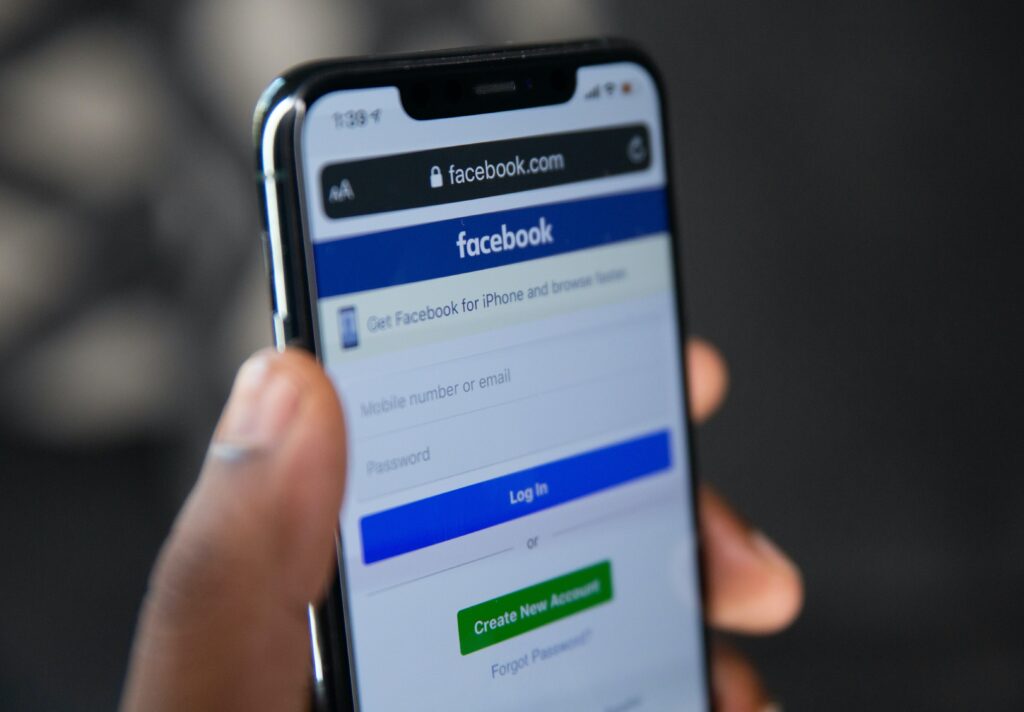Scam alert: Deceivers hack Facebook account and pretend to be your “friend”
Cybersecurity experts remain skeptical about Facebook efficiency to protect users
While millions of online users actively and constantly use Facebook, fraudsters lurk to massively hack accounts and steal the personal data of unsuspecting users. Because Facebook remains one of the most popular social media platforms – having more than 2.85 billion active users – the importance of deceivers’ attack is out of doubt.
The latest scam reported on Facebook involves deceivers who use fake social media accounts and present themselves as friends or family of their clueless victims. In addition, Facebook users have reported receiving direct messages, either on their desktops or mobile applications, from accounts belonging to their relatives or online friends.
Victims believe that they are talking to relatives and so they can be easily deceived. This process leads to a series of online interactions and communications through Facebook platform, between fraudsters and their victims, which ultimately results in the deception of unsuspecting users and money loss.
Fraud is not limited to stealing money. Cybersecurity experts warn of phishing scams, one of the most popular types of online deception. Fraudsters create fake accounts and present themselves as relatives of their victims to acquire personal information and use it in future criminal activities.

How to protect yourself
In the face of this new threat, users can – and should – protect themselves by following expert advice. In a recent announcement, the Thunder Bay Police Service advises users to make independent contact with anyone requesting money or services. “You have the right to hang up the phone, close your door, delete emails, or ignore direct messages to anyone making unsolicited requests from you” the Thunder Bay Police Service states. As the same authority points out, “take time to familiarize yourself with the security settings and adjust them to help keep yourself secure”.
How safe are we?
Cyberattacks are now routine, as corresponding mass online attacks are regularly reported. Cybersecurity experts, Nordlocker, disclosed a large leak of personal data, containing 26million logins for popular websites such as Facebook, LinkedIn, and Amazon. They also found the implementation of malware, which was photographing users through their device camera. This is a very common type of malware and there are reports that it can also be transmitted via social media or spam e-mails. As Nordlocker warns, “unknown Trojans like this one, which was custom-made, can be easily found online and cost just $100”.
Facebook, like other similar platforms, is constantly trying to protect users from such attacks. Recently, the famous social media platform has updated its algorithm, to improve the users’ experience and to boost their safety. In addition to Messenger fake messages from “friends” or “relatives”, Facebook warns users to be suspicious of fake e-mails, that look like they are from Facebook. These emails vary from fake claims of offers (such as winning a Facebook lottery) to warnings for bands or other restrictions. Recently, users massively received notifications of being restricted to perform a set of online activities on Facebook, such as posting articles or other external links. Although several users expressed their concern at first, considering that this was a new cyberattack, it turned out to be a “mistake” from the platform, which was attributed to the change in the settings of the Facebook algorithm.
Facebook makes constant efforts to create a secure browsing environment. For instance, this year, Facebook disabled more than a 1.3billion fake accounts detected through the platform algorithm between January and March this year. However, fraudsters do the same. They are constantly discovering new ways to deceive users and steal their data. Fake messages, misleading notifications, e-mails, and malware are just some of the means employed by online deceivers. Facebook users should be very careful. Before responding to a message they received on Messenger, asking for money or personal data, always make sure that they are talking to someone they know and not to scammers or malware.



